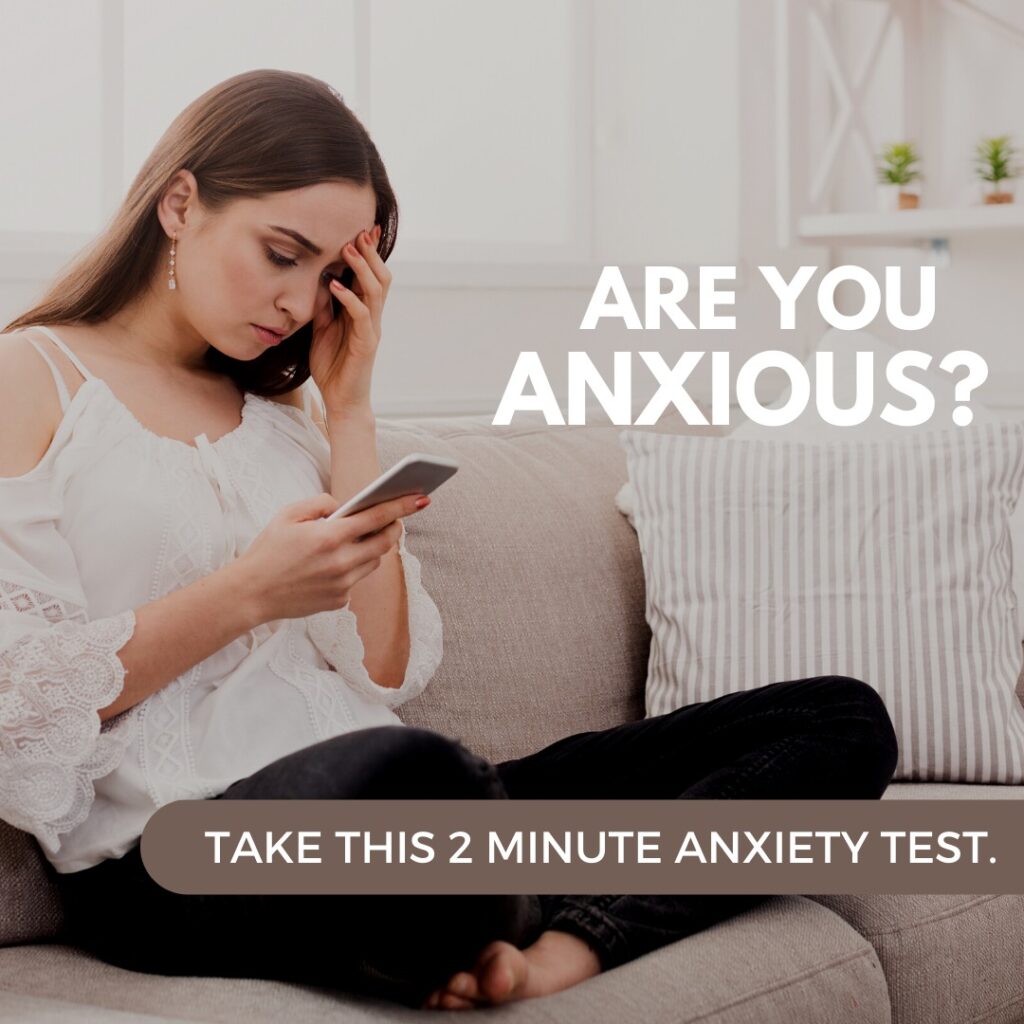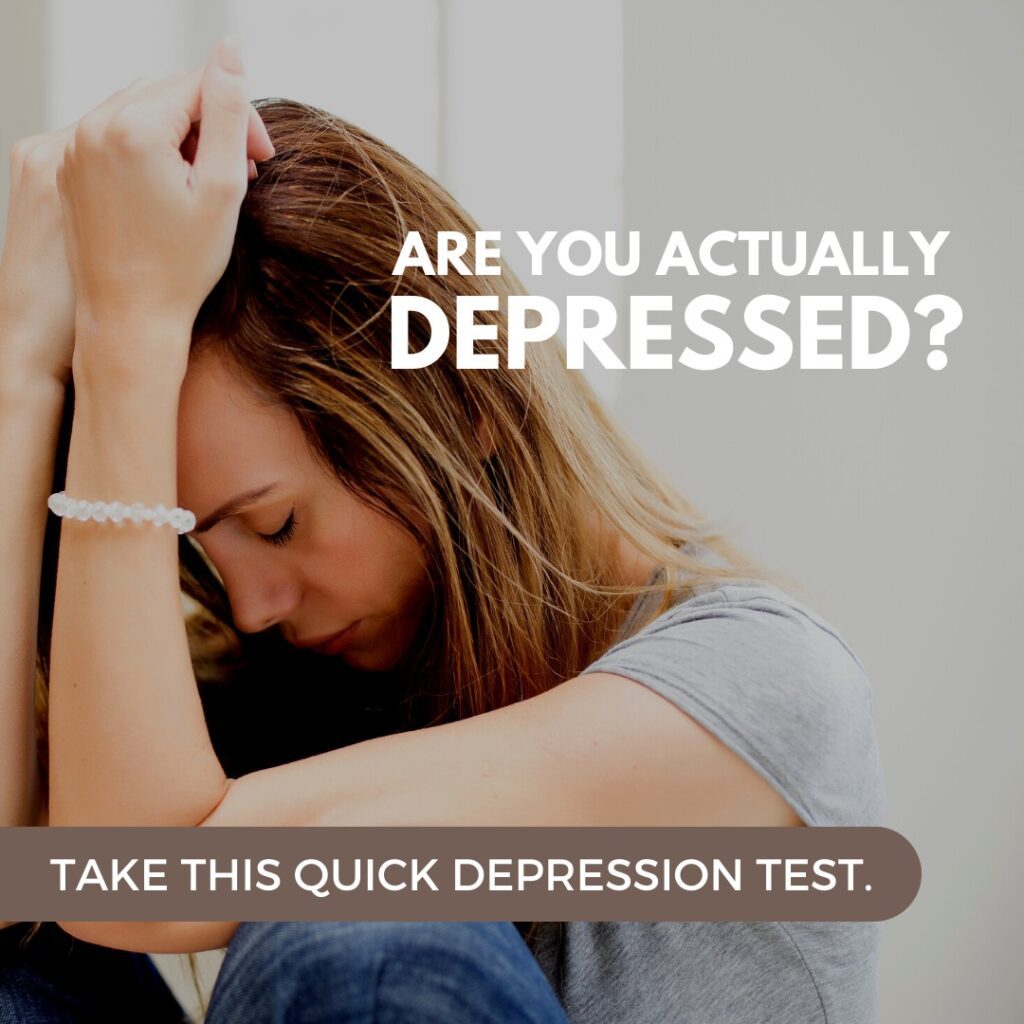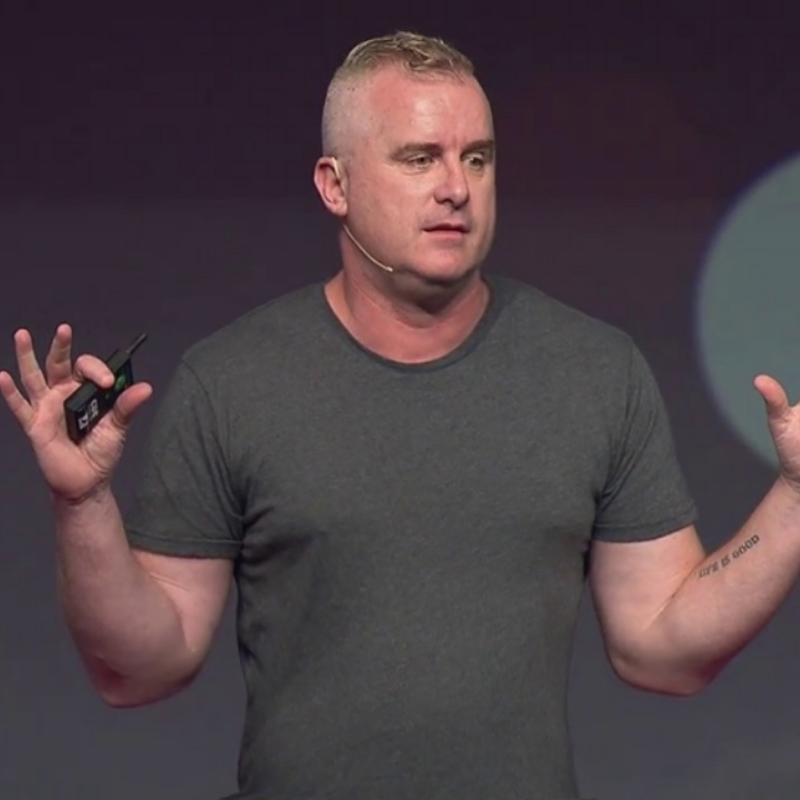Conspiracy theories are as old as time, but it’s only in more recent years that psychologists have begun to unravel the belief that some people have in them. According to researcher Goertzel (1994), conspiracy theories are explanations that refer to hidden groups working in secret to achieve sinister objectives.
Whether it’s the killing of a US President (JFK), a mass-shooting involving a seemingly-normal older white, adult male (Las Vegas), or the Charlie Hebdo murders, conspiracy theories are never far behind. Even climate change has a conspiracy theory attached to it (the government is to blame, naturally).
What drives people’s belief in these “out there” explanations for significant events? Let’s find out.
There is a conspiracy theory that there were two shooters at the Las Vegas massacre, the largest mass-shooting in modern US history (Grohol, 2020). “The theory — believed by tens of thousands of people around the world — rests on the “evidence” of two grainy, hard-to-hear videos from eyewitnesses. These videos suggest that somehow a second shooter was able to shoot from the 4th floor of the Mandalay Bay Hotel — despite the fact that there were no broken windows on the 4th floor (like most Vegas hotels, the windows at the Mandalay Bay don’t open, and police searching the building floor-by-floor heard no such shots.
What is the purpose of the second shooter? As proof that the official narrative is false, as the second shooter points to some “new world order” plot that is intent on taking over our government and society. Or something like that. The rationale for a second shooter requires a suspension of your belief in reality and simple critical thinking.”
The psychology behind conspiracy theories
Researchers have been hard at work examining why a small minority of the population believe, and even thrive, on conspiracy theories.
Lantian et al. (2017) summarise the characteristics associated with a person who is likely to believe in conspiracy theories:
… personality traits such as openness to experience, distrust, low agreeability, and Machiavellianism are associated with conspiracy belief.
“Low agreeability” refers to a trait of “agreeableness,” which psychologists define as how much an individual is dependable, kind, and cooperative. Someone with low agreeability is an individual who is usually not very dependable, kind, or cooperative. Machiavellianism refers to a personality trait where a person is so “focused on their own interests they will manipulate, deceive, and exploit others to achieve their goals.”
Lantian et al. (2017) continue:
In terms of cognitive processes, people with stronger conspiracy beliefs are more likely to overestimate the likelihood of co-occurring events, to attribute intentionality where it is unlikely to exist, and to have lower levels of analytic thinking.
None of this should be surprising, because once you start to analyse a situation with demonstrable facts, it usually — and quite thoroughly — will break down the conspiracy theory into its component parts, none of which make sense standing on their own. For example, with zero evidence, conspiracy theorists need to invent a reason for a second shooter in Las Vegas, to match what they see as “facts.” But once a person starts inventing a narrative out of thin air, you can see very little critical thinking occurring.
What is the motivation to believe in conspiracy theories?
People believe in conspiracy theories for a variety of reasons—to explain random events, to feel special or unique, or for a sense of social belonging, to name a few.
In a series of experiments, Douglas and Jan-Willem van Prooijen, PhD, an associate professor of social and organisational psychology at Vrije Universiteit Amsterdam, found that the tendency to perceive illusory patterns—to connect stimuli that aren’t related—is part of the cognitive machinery behind irrational beliefs such as conspiracy theories (van Prooijen, 2017). Along those lines, some QAnon followers think that because Q is the 17th letter of the alphabet, President Trump is sending them messages when he mentions the number 17.
Q, the anonymous internet poster behind the movement, who claims to be a high-ranking U.S. intelligence official, releases cryptic breadcrumbs known as “drops” online that followers then decipher. Drops are said to explain or predict developments in the supposed war between President Trump and the alleged deep-state pedophiles. Participating in what feels like an exclusive intelligence circle can satisfy the human need for uniqueness, psychologists’ research has shown, prompting a desire to continue participating (Lantian, et al., 2017).
People also turn to conspiracy theories when important psychological needs aren’t being met, says Douglas. Her research shows that such narratives can fulfil our need for certainty and security, for instance, when events seem random, and for social belonging (Douglas, et al., 2017).
Those findings help explain why many people, including QAnon supporters, have turned to extreme explanations for the COVID-19 pandemic. Survey data collected by psychologist Daniel Romer, PhD, research director at the University of Pennsylvania’s Annenberg Public Policy Center, suggest that nearly a third of American adults think the coronavirus is a bioweapon created by the Chinese government (Romer & Jamieson, 2020).
“Conspiracy theories make people feel as though they have some sort of control over the world,” Romer says. “They can be psychologically reassuring, especially in uncertain times.”
Research also indicates that some people are more likely to embrace conspiratorial narratives than others. Schizotypy, for example, a personality trait defined by eccentricity and suspiciousness of others, is tied to belief in conspiracy theories. People who see the world as a dangerous place and those prone to think meaningless information is profound are also more likely to embrace such narratives (Hart & Graether, 2018).
Some evidence suggests a link between personality and conspiracy theories. Shauna Bowes, a clinical psychology doctoral student at Emory University, and her colleagues surveyed nearly 2,000 people and found that those lower on agreeableness, conscientiousness, and humility were more likely to embrace both general conspiracy theories (statements like “the government is hiding something from us”) and concrete ones (for instance, that the Apollo moon landings were fake). People with pathological personality scores—such as high grandiosity or very low self-esteem—were even more likely to support conspiratorial narratives (Bowes et al., 2020).
Conspiracy theories make a person feel special
Lantian et al.’s (2017) research examined the role of a person’s ‘need for uniqueness’ and a belief of conspiracy theories, and found a correlation.
We argue that people high in need for uniqueness should be more likely than others to endorse conspiracy beliefs because conspiracy theories represent the possession of unconventional and potentially scarce information. […] Moreover, conspiracy theories rely on narratives that refer to secret knowledge (Mason, 2002) or information, which, by definition, is not accessible to everyone, otherwise it would not be a secret and it would be a well-known fact.
People who believe in conspiracy theories can feel “special,” in a positive sense, because they may feel that they are more informed than others about important social and political events. […]
Our findings can also be connected to recent research demonstrating that individual narcissism, or a grandiose idea of the self, is positively related to belief in conspiracy theories. Interestingly, Cichocka et al. (2016) found that paranoid thought mediates the relationship between individual narcissism and conspiracy beliefs.
The current work suggests, however, that need for uniqueness could be an additional mediator of this relationship. Indeed, previous work has shown that narcissism is positively correlated with need for uniqueness (Emmons, 1984) and here we showed that need for uniqueness is related to conspiracy belief.
They believe they benefit from the conspiracy theory.
Do you ever want something to be true so badly? We all do from time to time. But for some people, believing a lie is better than facing reality.
Douglas et al. (2017) found that people who buy into conspiracy theories believe they benefit socially and existentially from them.
For example, someone may strongly prefer that a certain political candidate win an election because they think that person will keep them physically and financially safe. Other people may not want to believe climate change is real because they work or invest in the coal industry.
“They want to believe in their cause and fight for their cause even if their rational mind tells them it’s not something they believe in,” says Carla Marie Manly, PhD, a clinical psychologist who specialises in fear, media, and the psychological impact of issues such as conspiracy theories on the psyche.
“Sometimes, people get behind a theory because they agree with the underlying cause,” she says.
They may also find a social connection with like-minded people, which feels like another benefit. This is sometimes referred to as “in-group” versus “out-group” differences. People have a tendency to identify with ideas held by those they see as similar to themselves.
“We have this tribal mentality where we want to be part of a group,” Manly says. “On a very primitive level, it makes us feel safe… we feel like we aren’t alone and part of something greater than ourselves where people understand us, and we understand them.”
One problem is that believing in a conspiracy theory often backfires and harms a person socially and existentially. Politicians on both sides of the aisle condemned the rioters on Capitol Hill, for example.
Despite this, people may remain committed to believing the theory.
“For some people, it’s a matter of pride,” Manly says. “There are certain people who, until the bitter end, will hold onto something that is not true because they don’t want to believe they’re wrong.”
They want to feel smart
Having information or knowledge that no one else has can naturally make us feel unique. Lantian (2017) indicates that people who believe in conspiracy theories need to feel unique by knowing “scarce information.”
“You’ll see that [desire] to be superior,” Manly says. “You have a sense that you’re elevated above other people, that you know something more. It’s the idea of, ‘I’m in the know, and you are not in the know.’”
Manly believes this is a learned behaviour. This means that people can learn over time that holding these beliefs makes them feel important. This reinforces the tendency to buy into similar beliefs in the future.
“A father may have always needed to be right,” Manly says. “That child will learn from that parent they will be elevated if they have scarce information.”
A person’s education level may play a role in whether they’re more likely to believe a conspiracy theory, according to van Prooijen (2016). They found that lower levels of education correlate to a greater likelihood of believing in conspiracy theories.
“Ideally, one of the things we learn in higher education is critical thinking,” Manly says.
On the flip side, people with postgraduate degrees believe and push conspiracy theories too. They may even be harder to reason with because they’re overconfident in their position.
Attorneys Sidney Powell and Rudy Giuliani defended and perpetuated election fraud claims, for example.
Cook believes that the more educated a person is, the more difficult it may be to bring them back to reality or even have a healthy conversation with them about their beliefs.
“It’s not driven by knowledge or intelligence; it’s driven by ideology, beliefs, and identity,” he says. “What that means is that as a person gets more educated, they develop more skills to be able to deny more skilfully.”
They may have a different moral compass
Some people feel participating in COVID-19 mitigation efforts such as wearing a mask and limiting contact to people in your household is a moral obligation to keep one another safe.
Some may also feel that taking measures to halt climate change, including reducing fossil fuels usage, is also a moral obligation to make the world safer for future generations.
On the other hand, some people value individual freedoms as a moral imperative. This may lessen their sense of responsibility toward collective concerns.
Maftei and Holman (2020), in a study of 245 Romanians, indicated that people who were experiencing conspiracy theory ideation about physical distancing measures to prevent the spread of COVID-19 experienced more moral disengagement and intolerance of uncertainty.
A strong sense of individualism has been a major predictor in those who don’t believe COVID-19 is a problem and don’t take recommended precautions, Cook says.
“It’s similar to what we see with climate denial. They value the individual over the community,” he says.
For example, people want to eat at their favorite restaurant without the government telling them they can’t. They may also be frustrated by financial hardship as a result of job or business loss.
The 2020 study mentioned above suggests stressing physical distancing as morally relevant may help people get on board with mitigation efforts.
If someone believes COVID-19 is a hoax, this becomes more difficult, especially when you remember that people who trust conspiracy theories over facts often want to feel smart and unique.
“Come from a paradigm that says, ‘I feel this way. These are my beliefs. I understand your beliefs, but when we are together, do you mind coming a little more toward mine so that I feel safe and secure? I’m not saying you’re wrong, but I feel more comfortable if you are wearing a mask,’” Manly says.
This approach may help your loved one feel like they’re doing you a favor. If they care about you, they may be more inclined to budge. It also avoids arguments about what is true or not.
For instance, saying “Research says mask wearing helps reduce the spread of COVID-19” may put the other person on the defensive by making them feel like you’re trying to outsmart them.
People who believe in conspiracy theories are likely more alienated and socially isolated
Moulding et al. (2016) also dug into the characteristics of people who believe in conspiracy theories in two studies.
It has been noted that individuals who endorse conspiracy theories are likely to be higher in powerlessness, social isolation, and ‘anomia,’ which is broadly defined as a subjective disengagement from social norms.
Such disengagement from the normative social order may result in greater conspiratorial thinking for a number of related reasons. First, individuals who feel alienated may consequently reject conventional explanations of events, as they reject the legitimacy of the source of these explanations. Due to these individuals feeling alienated from their peers, they may also turn to conspiracist groups for a sense of belonging and community, or to marginalised subcultures in which conspiracy theories are potentially more rife.
People who feel powerless may also endorse conspiracy theories as they also help the individual avoid blame for their predicament. In this sense, conspiracy theories give a sense of meaning, security and control over an unpredictable and dangerous world. Finally, and most simply, conspiracy beliefs — which imply a level of Machiavellianism and power enacted by those without fixed morality — are most likely to resonate with people who feel powerless and believe that society lacks norms.
The Internet has amplified the abilities of these like-minded people to come together to share and expand on their conspiracy theories. It took only hours after the Las Vegas massacre for a conspiracy Facebook group to appear with more than 5,000 members.
In their study, Moulding et al. (2016) found that, consistent with their hypotheses, “endorsement of conspiracy theories related moderately-to-strongly with the alienation-related variables — isolation, powerlessness, normlessness, and disengagement from social norms.”
Researcher van Prooijen (2016) also found that self-esteem instability resulting in self-uncertainty also is a characteristic associated with a greater likelihood to believe in conspiracy theories. People who don’t feel like they belong to any one group — a trait psychologists refer to as ‘belongingness’ — are more likely to believe in conspiracy theories.
Conspiracy theories aren’t new or even worse recently.
Karen Douglas, PhD, is a professor of social psychology at the University of Kent in the United Kingdom. Her research focus is on beliefs in conspiracy theories and their consequences. She is also interested in the social psychology of human communication, including the influence of technology on social interaction.
In an interview for the American Psychological Association website, Dr Douglas was asked whether there had been a rise in conspiracy theories in recent years fuelled by social media.
“Sure. Yes, it is definitely the case that the conspiracy theories have ways being with us”, Douglas said. “Believing in conspiracy theories and being suspicious about the actions of others is in some ways quite an adaptive thing to do. We don’t necessarily want to trust everybody and trust everything that’s happening around us. And so they have always been with us and to some extent, people are all, I guess you could call everybody a conspiracy theorist if you want to use that term at one point or another.
And so yeah, they’ve always been there. People have always believed in conspiracy theories. As far back as we can remember, people have been having these conspiracy beliefs and having these suspicions about the actions of hostile collectives of individuals. This is just the way that we are wired up to some degree. And in terms of how we measure the extent to which people believe in conspiracy theories, you can do this in a variety of different ways. And as a social psychologist now, we would normally measure a belief in conspiracy theories by simply asking people questions about the extent to which they endorse a particular idea or the extent to which they believe a particular statement is true.
And you can measure these sorts of beliefs on specific issues. So for example, if you want to know how much somebody believes in anti-vaccine conspiracy theories, then you can ask people to read a bunch of statements about anti-vaccine conspiracy theories. So for example, that the pharmaceutical companies are hiding information about vaccine efficacy and safety. And then you ask them how much they believe that statement or how much they agree with it, how much they think it’s plausible. There are various different ways that you can do this. And another way to tap into what some would argue is an underlying tendency to just believe conspiracy theories more generally.
You can ask more general questions or ask people to rate the extent to which they believe in statements such as governments often hide secrets from people to suit their own ends. So more general notions of conspiracy like that. So we’ll just ask participants to read these sort of segments and write the extent to which they agree with them. Usually on a scale from I strongly disagree to I strongly agree that kind of thing. And then usually what we will do is come up with an average conspiracy belief measure or score I suppose total for each individual. And then we’ll look for associations between that kind of belief and various other psychological factors as well.”
The future of conspiracy theories
As QAnon evolves, it absorbs new theories and believers from unexpected places, including attracting online wellness influencers and building a large following in Germany. QAnon has gone dark since the U.S. presidential election, but experts don’t think this means QAnon will disappear. Believers may instead join adjacent conspiracy theory communities or more mainstream efforts to dispute election results.
“We can think of many conspiracy theories like a virus, because they take on new life as they spread,” Bowes says.
Future research should define various “flavours” of conspiracy theories, Bowes says, to understand if they attract different types of believers. She also hopes to dig deeper into interactions between the personality traits and pathological factors that predict such beliefs—and to explore how personality and beliefs develop in tandem over time.
Douglas says more work is needed to understand the long-term effects of conspiracy thinking, as well as when and why people choose to share theories. The neurological basis of conspiratorial thinking also remains largely unknown, van Prooijen says.
Dispelling conspiracy theories is a major challenge, partly because their adherents tend to distrust authority and believe that powerful people or groups are corrupt—a conviction that supporters of QAnon share.
“Conspiracy theories are ‘sticky’ and it might be ideal to inoculate against them rather than trying counterarguments after they have already stuck,” Douglas says, referencing a study she coauthored on antivaccine conspiracy theories (Jolley & Douglas, 2014).
An inoculation effort could involve presenting scientific information on an issue, such as the safety and efficacy of a coronavirus vaccine, before people are exposed to counternarratives.
“Many people have doubts or questions about the government”—and that’s natural, says van Prooijen. “A lot can be gained by targeting people [for inoculation] who are open to conspiratorial narratives, but are also open to being persuaded otherwise.”
Conspiracy theories are driven by people, not facts
You can’t really argue with people who believe in conspiracy theories, because their beliefs aren’t rational. Instead, they are often fear- or paranoia-based beliefs that, when confronted with contrarian factual evidence, will dismiss both the evidence and the messenger who brings it. That’s because conspiracy theories are driven by the people who believe and spread them and their own psychological makeup — not on the factual support or logical reasoning of the theory itself.
Conspiracy theories aren’t going away, for as long as there are people who have a need to believe in them, they will continue to expand and thrive. The Internet and social media sites such as Facebook have only made such theories even easier to spread. Save your breath arguing with people who believe in them, as no amount of facts will dissuade them from their false belief.
Photo by engin akyurt on Unsplash
References and Further Reading:
Abrams, Z. (2020, November 18). What do we know about conspiracy theories? American Psychological Association.
Armitage, C. (2013, November 1). Unpicking psychology of conspiracy theories a dangerous idea. Sydney Morning Herald, The, 14.
Boland, M. (2021, February 9). The Psychology Behind Conspiracy Theories. Healthline.
Bowes, S, Costello, T, Ma, W, Lilienfeld, S. Looking under the tinfoil hat: Clarifying the personological and psychopathological correlates of conspiracy beliefs. Journal of Personality. 89, 422– 436.
Conspiracies: Fact or fiction? (2012). Dominion Post, The, C1.
Douglas, K. M., Sutton, R. M., & Cichocka, A. (2017). The Psychology of Conspiracy Theories. Current Directions in Psychological Science, 26(6), 538–542.
Hart, J, & Graether, M. (2018). Something’s Going on Here. Journal of Individual Differences, 39(4), 229-237.
Goertzel, T. (1994). Belief in Conspiracy Theories. Political Psychology, 16(4), 731-732.
Grohol, J. (2020, October 10). A psychologist explains why people cling to conspiracy theories during uncertain times. Psych Central.
Jolley, D, Douglas, KM. Prevention is better than cure: Addressing anti-vaccine conspiracy theories. Journal of Applied Social Psychology, 47, 459-469.
Lantian, A., Muller, D., Nurra, C., & Douglas, K. M. (2017). “I know things they don’t know!”: The role of need for uniqueness in belief in conspiracy theories. Social Psychology, 48(3), 160–173.
Maftei, A., & Holman, A. (2020). Beliefs in conspiracy theories, intolerance of uncertainty, and moral disengagement during the coronavirus crisis. Ethics & Behavior. Advance online publication.
Moulding, R., Nix-Carnell, S., Schnabel, A., Nedeljkovic, M., Burnside, E., Lentini, A. & Mehzabin, N. (2016). Better the devil you know than a world you don’t? Intolerance of uncertainty and worldview explanations for belief in conspiracy theories. Personality and Individual Differences, 98, 345-354.
Roberts, M. (2018, August 3). Opinion: Qanon is terrifying. This is why. The Washington Post.
Romer, D & Jamieson, K. (2017). Conspiracy theories as barriers to controlling the spread of COVID-19 in the US, Social Science & Medicine, 263.
van Prooijen, J. (2016) Why Education Predicts Decreased Belief in Conspiracy Theories. Applied Cognitive. Psychology, 31, 50– 58.
van Prooijen, J. & Douglas, K. (2017). Conspiracy theories as part of history: The role of societal crisis situations. Memory Studies, 10(3).
van Prooijen, J., Douglas, K. M., and De Inocencio, C. (2018) Connecting the dots: Illusory pattern perception predicts belief in conspiracies and the supernatural. European Journal of Social Psychology, 48, 320-335.


















